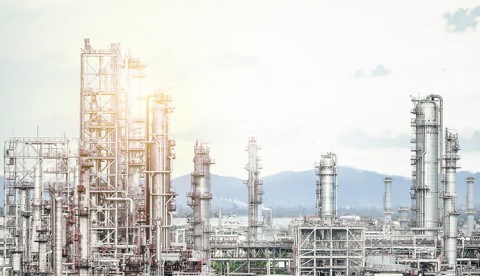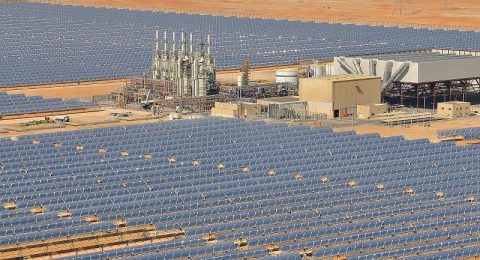Minister of Petroleum and Mineral Resources Tarek El Molla stated that the strategy of the petroleum sector adopts a clear vision and action plan for energy transition and reducing emissions in all oil and natural gas activities through several main axes.
These axes include expanding the uses of natural gas as a transitional low-carbon fuel, improving energy efficiency and decarbonization, expanding new energy production and petrochemical projects that contribute to preserving the environment, and producing low-carbon hydrogen as well as ammonia.
The petroleum sector has succeeded in taking many steps and measures in the field of energy transition and emissions reduction.
At the strategic level, the energy efficiency strategy for the petroleum sector (2022-2035) was announced and is now being implemented.
The Sharm el-Sheikh Roadmap to reduce methane emissions in the oil and gas industry was also announced during the activities of Decarbonization Day at COP27. It is currently in the final stages of preparing a strategy to reduce carbon in the petroleum sector.
It achieved an annual reduction of about 900,000 tons of carbon dioxide through the delivery of natural gas to more than 14 million housing units. The sector also completed an annual reduction of more than 2.1 million tons of carbon dioxide by converting about 505,000 cars to run on compressed natural gas since the start of the activity.
Within the framework of the Egyptian petroleum sector’s accession to the World Bank’s global initiative to stop the routine burning of flare gases by 2030, 29 projects have been completed to recover flare gases and exploit them in the sector’s companies. This resulted in an annual reduction in emissions of about 1.4 million tons of carbon dioxide, contributing to saving diesel consumption and maximizing the added value of gas.
In light of the sector’s efforts to improve energy efficiency, 247 projects have been implemented to improve energy efficiency and rationalize its consumption. The total emissions that were reduced annually from these projects were estimated at about 900,000 tons of carbon dioxide.
The sector further made annual savings in energy consumption of up to $115 million through the implementation of measures and projects to rationalize energy with low investments.
In addition, 24 projects were implemented to use renewable energy in the administrative buildings of the sector’s companies. This contributed to reducing electricity consumption from the national grid and reducing emissions by about 50,000 tons of carbon dioxide.
Moreover, the procedures and steps for the implementation of green energy and low-carbon fuel projects have been initiated after the signing of a joint development agreement between ANRPC and the Norwegian company SCATEC for a new project to produce green methanol. It is the first of its kind in Egypt and the Middle East.









